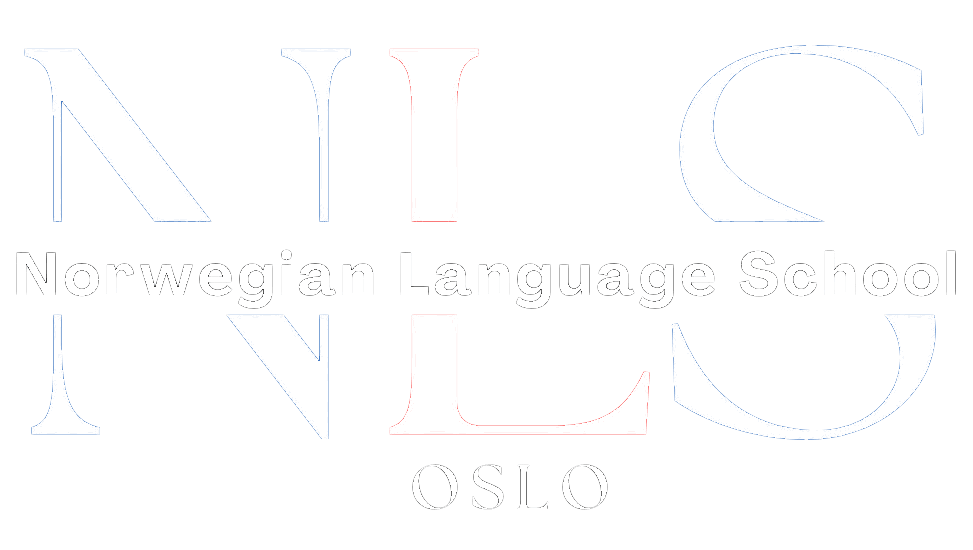

Unlocking Success: Navigating Norwegian Business Meetings with Confidence
Language plays a crucial role in business meetings as it is the primary means of communication between individuals from different backgrounds and cultures. Effective communication is essential for building relationships, negotiating deals, and making decisions. In the globalized world of business, being able to speak multiple languages is a valuable asset. One language that holds particular importance in business meetings is Norwegian. Norway is known for its strong economy and thriving business sector, making Norwegian language skills highly sought after. In this article, we will explore the importance of the Norwegian language in business meetings and provide tips for mastering it.
Table of Contents
ToggleThe Importance of Norwegian Language in Business Meetings
Norwegian is the official language of Norway and is spoken by approximately 5 million people. While many Norwegians speak English fluently, knowing the Norwegian language can give you a competitive edge in business meetings. Speaking Norwegian shows respect for the local culture and demonstrates your commitment to building relationships with Norwegian counterparts.
Furthermore, speaking Norwegian allows for more effective communication in business meetings. While many Norwegians are proficient in English, there may still be nuances and cultural references that are better understood in their native language. By speaking Norwegian, you can ensure that you fully understand and are understood by your Norwegian colleagues.
Mastering Norwegian Business Vocabulary
Learning business vocabulary in Norwegian is crucial for effective communication in business meetings. It allows you to express yourself clearly and understand the discussions taking place. To master Norwegian business vocabulary, it is important to immerse yourself in the language and practice regularly.
One tip for mastering Norwegian business vocabulary is to create flashcards with key words and phrases related to your industry. Review these flashcards regularly to reinforce your knowledge. Additionally, reading business articles or books in Norwegian can help you familiarize yourself with industry-specific terminology.
Tips for Learning Norwegian at the Workplace
Learning Norwegian at the workplace can be a valuable opportunity to practice and improve your language skills. One strategy for learning Norwegian at the workplace is to seek out opportunities for language exchange with your Norwegian colleagues. Offer to help them with their English in exchange for them helping you with your Norwegian.
Another tip is to actively participate in meetings and discussions in Norwegian. Even if you make mistakes, the more you practice, the more comfortable you will become with the language. Additionally, take advantage of any language training programs or resources offered by your company to further enhance your language skills.
Common Norwegian Phrases for Business Communication
To effectively communicate in Norwegian business meetings, it is helpful to familiarize yourself with common phrases used in business communication. Here are some essential Norwegian phrases for business communication:
1. “Hei, hvordan har du det?” – Hello, how are you?
2. “Takk for møtet” – Thank you for the meeting.
3. “Kan du gjenta det?” – Can you repeat that?
4. “Jeg er enig” – I agree.
5. “Kan du gi meg mer informasjon?” – Can you give me more information?
6. “Hva er fristen?” – What is the deadline?
7. “Vi må finne en løsning” – We need to find a solution.
8. “Jeg vil gjerne presentere dette” – I would like to present this.
9. “Hva er budsjettet?” – What is the budget?
10. “Vi må diskutere dette videre” – We need to discuss this further.
Overcoming Language Barriers in Norwegian Meetings
Language barriers can pose challenges in Norwegian meetings, but there are strategies for overcoming them. One common language barrier is a lack of vocabulary or understanding of idiomatic expressions. To overcome this, it is important to continuously expand your vocabulary and familiarize yourself with common idioms used in Norwegian.
Another strategy is to ask for clarification when you do not understand something. Do not be afraid to speak up and ask for explanations or examples. Your Norwegian colleagues will appreciate your effort to understand and will be more than willing to help.
Navigating Cultural Differences in Norwegian Workplaces
In addition to language, cultural differences can also impact business meetings in Norway. Norwegians value equality, honesty, and directness in communication. They prefer a collaborative and consensus-driven decision-making process. Understanding these cultural differences is crucial for navigating Norwegian workplaces.
One tip for navigating cultural differences is to adapt your communication style to align with Norwegian norms. Be direct and concise in your communication, and avoid excessive small talk or exaggeration. Additionally, be patient and open-minded when it comes to decision-making processes, as they may take longer than what you are accustomed to.
Building Confidence in Norwegian Business Discussions
Building confidence in Norwegian business discussions is essential for effective communication. One strategy for building confidence is to practice speaking Norwegian regularly, both inside and outside of the workplace. Seek out opportunities to engage in conversations with native speakers and actively participate in meetings and discussions.
Another tip is to focus on your strengths and acknowledge your progress. Celebrate small victories along the way, such as successfully expressing yourself or understanding a complex conversation. Building confidence takes time, but with consistent practice and a positive mindset, you will become more comfortable speaking Norwegian in business settings.
Effective Communication Strategies for Norwegian Meetings
To communicate effectively in Norwegian meetings, it is important to employ certain strategies. One tip is to actively listen and pay attention to non-verbal cues such as body language and facial expressions. This will help you better understand the context and meaning behind what is being said.
Another strategy is to use visual aids or written materials to support your communication. This can help clarify complex ideas or concepts and ensure that everyone is on the same page. Additionally, be mindful of your tone and delivery, as Norwegians appreciate direct and concise communication.
Understanding Norwegian Business Etiquette
Understanding Norwegian business etiquette is crucial for building relationships and conducting successful business meetings. Norwegians value punctuality, so it is important to arrive on time for meetings. Additionally, it is customary to shake hands upon meeting and to maintain eye contact during conversations.
Another important aspect of Norwegian business etiquette is respecting personal space. Norwegians value their privacy and personal boundaries, so it is important to maintain an appropriate distance during interactions. Additionally, it is common to address colleagues by their first names rather than using formal titles.
Leveraging Language Skills for Professional Advancement in Norway
Leveraging language skills, such as Norwegian, can lead to professional advancement in Norway. Being able to communicate effectively in the local language shows your commitment to the country and its culture. It also opens up opportunities for networking and building relationships with Norwegian colleagues and clients.
Furthermore, speaking Norwegian can give you a competitive edge in the job market. Many companies in Norway value employees who can speak multiple languages, as it allows them to communicate with a wider range of clients and partners. By leveraging your language skills, you can position yourself as a valuable asset within your organization.
In conclusion, the Norwegian language holds great importance in business meetings. Speaking Norwegian allows for more effective communication, demonstrates respect for the local culture, and opens up opportunities for professional advancement. By mastering Norwegian business vocabulary, learning at the workplace, overcoming language barriers, navigating cultural differences, building confidence, employing effective communication strategies, understanding business etiquette, and leveraging language skills, you can excel in Norwegian business meetings and enhance your career prospects in Norway.

Norwegian A1-A2
Course Overview The Norwegian A1-A2 course is an online program focused on teaching essential Norwegian grammar and vocabulary. It includes a variety of materials and topics, with opportunities to interact with a Norwegian teacher entirely online. Curriculum Highlights The course covers key areas such as grammar and vocabulary and topics such as family, daily life, education, work, traditions, and leisure activities. Who Should Enroll? This course is perfect for beginners or those at the A1 or A2 levels who want to improve their Norwegian skills. What You Get Access to the full Norwegian A1-A2 course. A monthly 1-hour online conversation with a teacher. Many written and oral assignments. Comprehensive information on Norwegian grammar, Norwegian vocabulary and how to use them, important sentence structures, etc. Tips on additional resources to further enhance your Norwegian learning.
0 students enrolled
Last updated Dec 10th, 2024
If you want to learn Norwegian, you can register for classes here. We look forward to hearing from you and helping you become fluent in Norwegian.





